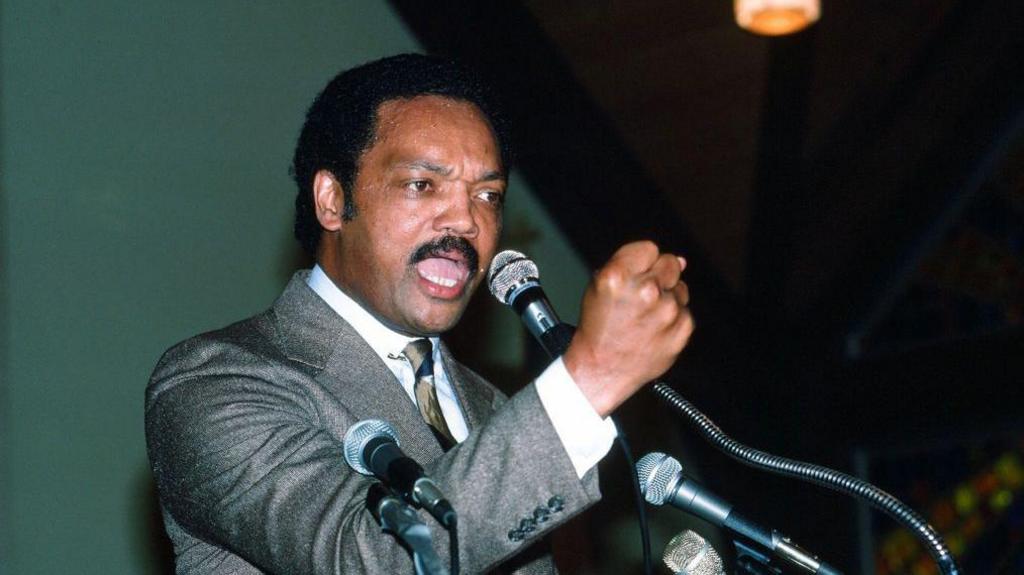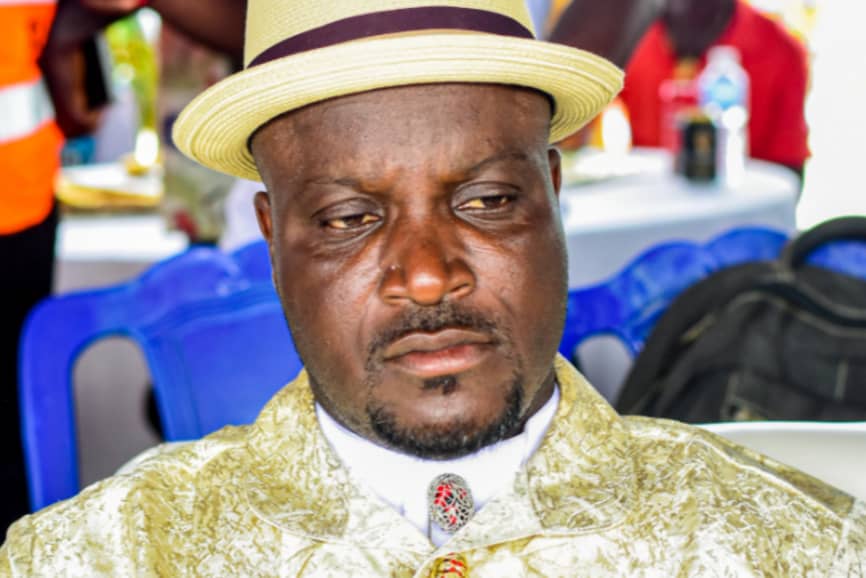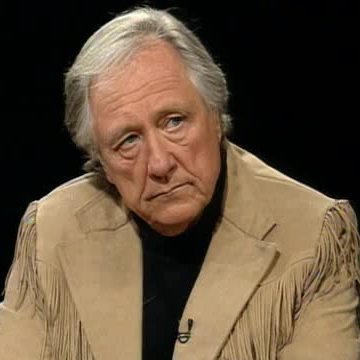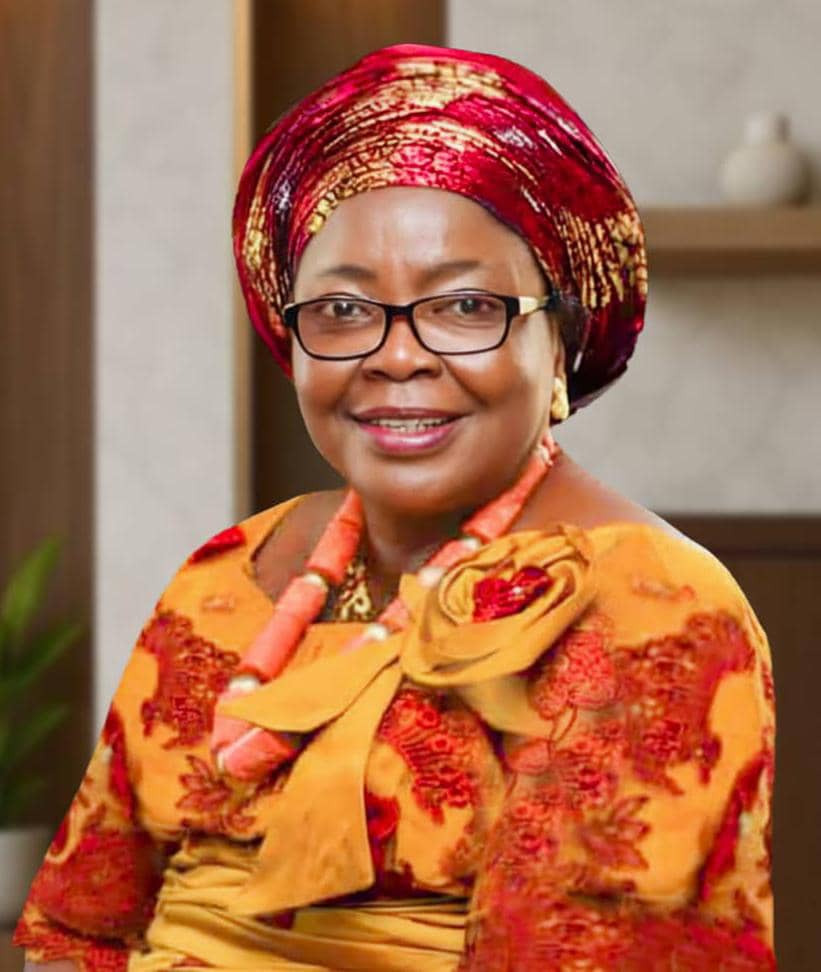SECHELE I A MOTSWASELE, The Botswana Ruler that is Half Christian, Half Heathen
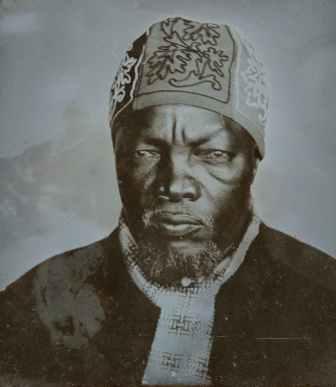
Did you know that Sechele, who was converted to Christianity by the Scottish missionary David Livingstone, went back to the original source, the Bible, and tried to work out a more African kind of Christianity, an action that earned him the title 'half Christian, half heathen'?
Sechele I a Motswasele was the ruler of the Kwêna people of Botswana, and was converted to Christianity by David Livingstone, a Scottish physician, Congregationalist, pioneer Christian missionary with the London Missionary Society, and an explorer in Africa. In his role as ruler, Sechele served as a missionary among his own and other African peoples. According to Livingstone biographer Stephen Tomkins, Sechele was Livingstone's only African convert to Christianity, even though Livingstone himself came to regard Sechele as a "backslider".
Sechele was born in 1812, the son of the chief of the Kwêna tribe of Tswana people of what is modern-day Botswana. When Sechele was ten years old, his father was killed and the leadership of the tribe was divided between his two uncles. Sechele and some of his supporters fled into the desert. He spent some years among the Ngwato people and married Mokgokong, a daughter of Chief Kgari. In about 1831 he succeeded in replacing one of his uncles as ruler of half the baKwêna.
In 1847 Sechele met David Livingstone at Tshwane. He and his people accompanied the missionary to the Kolobeng River where Livingstone set up the Kolobeng Mission. The establishment of missions was sometimes encouraged by local rulers because the missionaries gave them access to guns and gunpowder, which gave them an advantage over neighbouring tribes lacking such technology.
Sechele was eager to learn to read and write and was an adept student, learning the letters of the alphabet in two days. He became so keen on learning that he rose early and breakfasted before dawn. Once he had mastered reading, he taught his wives to read. The only book available in the language of the Tswana was the Bible. He later sent five of his children to be educated by another missionary, Robert Moffat (Livingstone's father-in-law), at Kuruman.
Sechele experienced several conflicts between local custom and Christianity. He had to give up his role as the local rainmaker. He fell into conflict with Livingstone over his marriage to five women. At first Livingstone was inclined to be relaxed about it but feeling under pressure from other missionaries, he demanded divorce of four of the five. Sechele did so. As there were no further impediments, he was baptised in 1848.
After the divorces and Sechele's baptism, one of his ex-wives became pregnant by him. He also killed a European, apparently for judicial reasons. As a result, Livingstone denounced him as a Christian. This was despite Sechele's repentance and protestations of faith. Sechele told Livingstone, "I shall never give up Jesus. You and I will stand before him together".
During the time of their association, Livingstone urged Sechele to make peace with the uncle who ruled the other half of the Kwêna. Sechele sent his uncle a gift of gunpowder. The uncle was suspicious of the gift and set fire to it. His death in the resulting explosion enabled Sechele to reunite the tribe.
Sechele seems to have been a deep, independent thinker. He was powerfully committed to Jesus Christ (rather than European Christianity), such that he made this commitment at a time when it was politically and personally inconvenient to do so.
Sechele had a profound knowledge of the Bible and a commitment to spreading Christianity. He began with his own people, teaching them to read and introducing them to the Bible. He also travelled many hundreds of miles to evangelise other African peoples. When Moffat led a group of missionaries into Matabeleland in 1859, he discovered that Sechele had preceded him and that the local Ndebele people held Christian prayers. Moffat's mission had little success as an outbreak of lung disease among the missionaries' oxen resulted in fear of the white missionaries. Officially, there were no converts among the Ndebele until the 1880s.
After the departure of Livingstone, Sechele returned to some of his local customs, including rainmaking and polygamy. Missionaries complained that he used his great knowledge of the scriptures to defend his own actions. Whereas most African converts simply assumed the ideas of European Christianity, Sechele went back to the original source, the Bible, and tried to work out a more African kind of Christianity. There is still controversy over the effects of this, and traditional missionaries of the time described him as, "half Christian, half heathen".
Neil Parsons, of the University of Botswana, stated that Sechele "did more to propagate Christianity in nineteenth-century southern Africa than virtually any single European missionary". Under his leadership, his region became a refuge to other people fleeing persecution, and the numbers that he ruled exceeded 30,000 at the time of his death in 1892.
Source: Wikipedia
#penglobalpersonality
